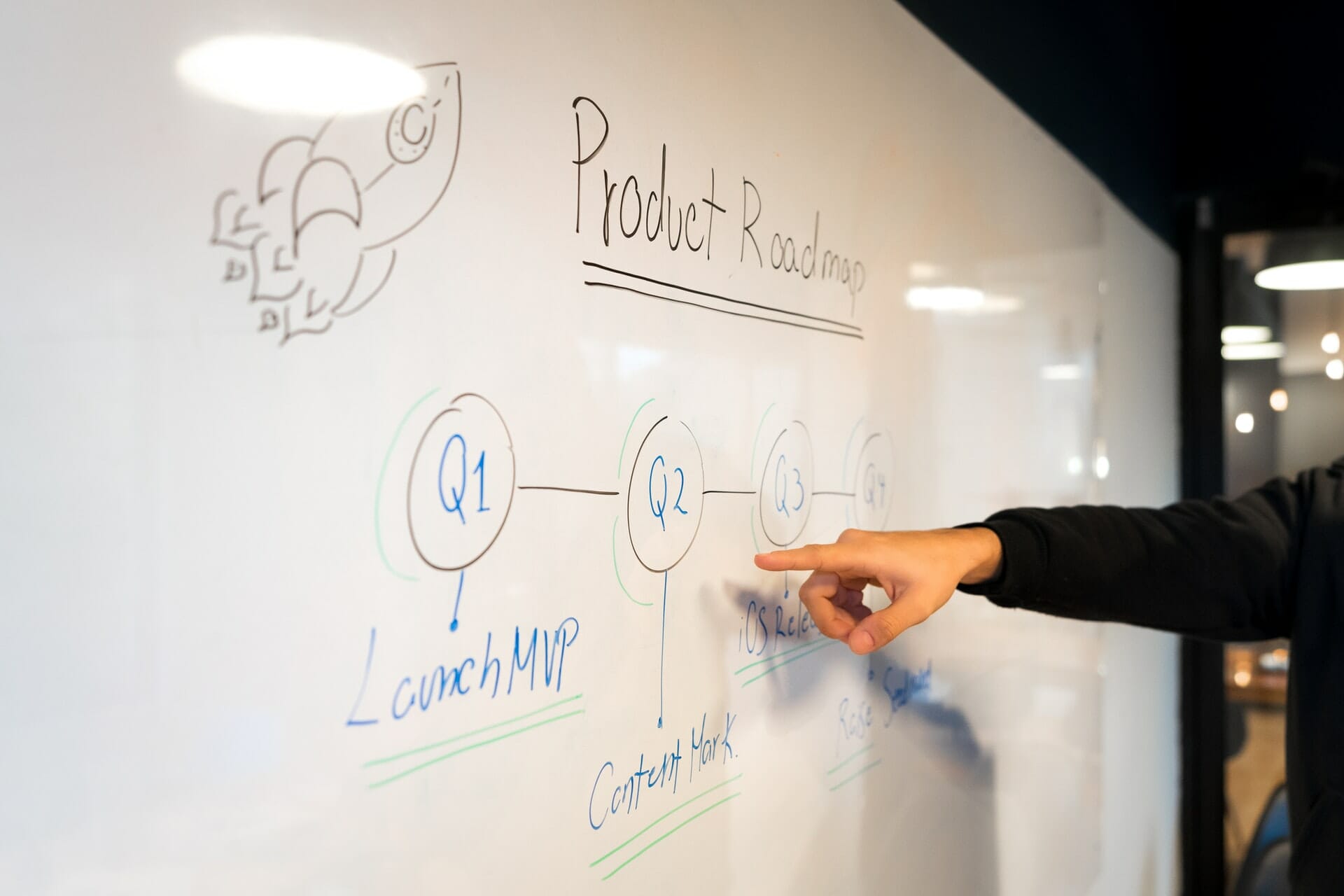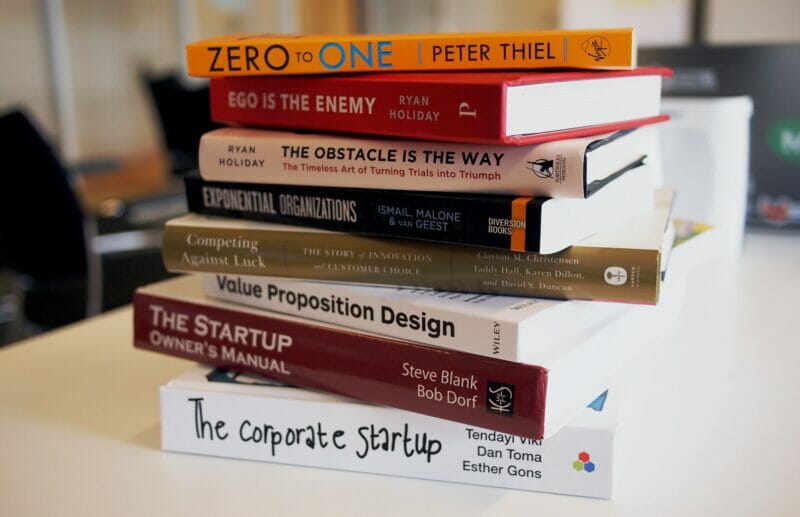It can be challenging to identify if students are ready to become tomorrow’s next prominent entrepreneur in this new, fast-moving world where everything has seemingly already been invented.
Some may think that because they don’t know the ins and outs of the modern economic world, they are unfit to be business people—however, entrepreneurship and innovation span many fields. To gauge one’s ability to become a future tycoon, educators must understand every student’s personal, interpersonal, creative, and technical characteristics. Anyone can be hard-working, a business person, and a responsible leader of tomorrow.
Educators play a critical role in molding the innovators of society. And entrepreneurship education can help bolster students’ creativity and intelligence. Additionally, teachers help gauge where they are struggling, need help or inspiration, and provide experiential learning activities to help their students innovate new entrepreneurial skills.
Personal Entrepreneurial Skills

The world of business entrepreneurship and management can often be a complex, harsh environment to traverse. Having a solid moral compass, values, and an innovative outlook can differentiate between those who “make it” and those who don’t.
Optimism, initiative, drive, persistence, risk tolerance, and resilience are invaluable virtues for solid entrepreneurs.
The best way to identify and evaluate a student’s entrepreneurial skills is to immerse them into live projects, experiences, demos, or interactive tests that prompt them to respond in multiple ways. Business simulations, group exercises, job shadowing, and internships are all great ways to observe how students act, react, approach risks, handle failure, and how their mentality shapes their actions.
While it is important to be well-rounded, interpersonal skills often separate the ordinary and the extraordinary entrepreneurs. Leadership and motivation, communication, negotiation, and ethics are huge green flags in business leaders.
Interpersonal Skills
One of the best ways to analyze a student’s interpersonal skills to the fullest, as one might assume, is through interpersonal interactions. Have students interact with their classmates, educators, or peers in multiple ways related to the numerous skills they would practice in the real world. Have them observe the relationships goals and outcomes have. Encourage learners to be the leader, think creative, and experience the importance of entrepreneurship firsthand. Student communication is paramount.
Presentations, communication exercises, communicating complicated topics to the uninitiated, and their ability to prioritize, listen, empathize, and form relationships are tried and true methods.
Furthermore, both logical approaches to relationships and emotional intelligence are critical skills in the world of entrepreneurship. Internships, job shadowing, and various exercises that insert students into teams help uproot the skills students need to develop. It is essential to mold the tests, environments, and experiences educators subject to students.
Tuning experiences to students’ strengths and weaknesses makes both the students and the tests as efficient as possible. This is why virtual environments, like business simulations, are becoming increasingly commonplace.
Creative and Critical Thinking Skills

Critical and creative skills are often the hardest to evaluate because they are multifaceted. A student’s perspective, experience, mentality, and skills all factor into their decisions and approach to fixing a problem. Also, students should learn not only how to identify a problem but how to solve problems as well. The persevering students will develop an inspiring way of thinking.
We recommend cause and effect exercises, the “five whys” technique, and the CATWOE plan. These are great cornerstones for identifying and testing a student’s creative and problem-solving characteristics.
For example, the CATWOE technique, similar to the SWOT analysis, prompts thinkers to ask themselves a series of questions and provide answers based on their situation, goal, product, team, and context. Here’s the breakdown of this problem-solving checklist:
C – Customers
The first stage of the CATWOE analysis defines the customers and understanding how the process or system in question will affect them. Ask yourself questions like, “Who will receive the message?” “What problem do they have?” “What will be their reaction?” “Who are the winners and losers?”
A – Actors
The actors are the key people who take part in implementing the changes in the system or product. They will be affected by the decisions the thinker makes. Ask yourself, “What is the impact on them?” “What will be their reaction?”
T – Transformation Process
In this phase, identify what changes the system, product, or process brings about. This step is critical to determine how to evaluate the success of the product.
W – World View
Think about how the product impacts people in a broader context. Think about the big picture, how the process fits in, and what particular issues will occur.
O – Owner
Who is the decision-maker? Who is in charge of the execution and maintenance of the product? Is there a team in place, or will the executioner have to assume the responsibility?
E – Environmental Constraints
Identify the constraints and restrictions for implementation and operation of the product and if the team can work around them. This phase encompasses laws, ethical issues, financial regulations, and resources.
Technical Skills
Every entrepreneur must have technical skills related to their field in their back pocket. Business knowledge, planning and organizing, decision-making, opportunity, and venture-specific learning all play roles in forging a successful business person. These entrepreneurial skills are the ones you genuinely test on paper and with empirical assessments.
Degree certifications, industry-specific credentials, test scores, and essay responses are great ways to measure and test one’s practical entrepreneurship knowledge.
However, if educators want to elevate their student’s learning to the next level and become centers for experiential learning, virtual environments like business simulations and in-person dilemmas that force students to apply the knowledge they’ve learned to various challenges bring out the capabilities of the innovators.
Previous Chapter

How To Prepare Students To Learn From Mistakes
Students are anxious because it can feel like the school system is against them.
Next Steps

Schedule a call with our team to explore how Startup Wars can fit into your classroom.






